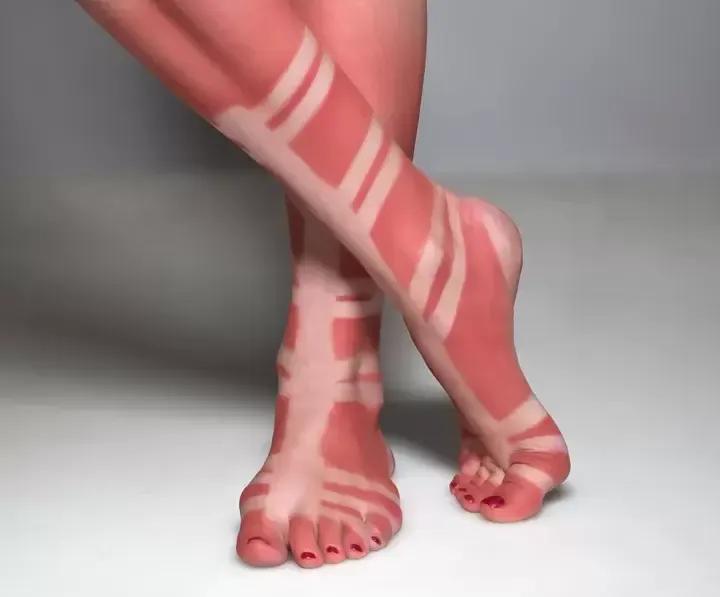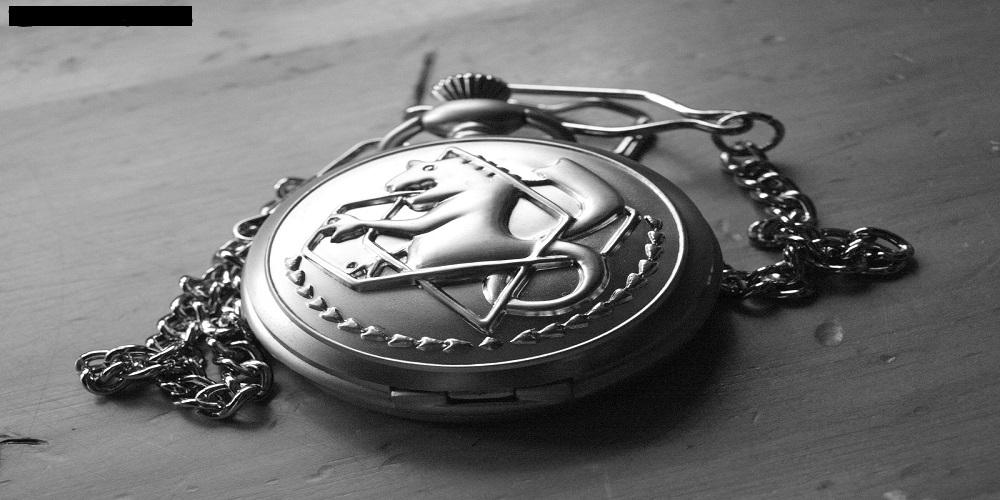Is it possible to get skin cancer from getting sunburned just once?
When I was little, I tended to get sunburned during summer vacation. I would go into the sea to play with my cousins and come out with red skin and sometimes with blisters. Although it only happened once a year, my mother reminded me that each sunburn made me a certain percentage more likely to develop skin cancer in the future.
My mom wasn't a dermatologist, but I should have listened to her warnings and put on sunscreen. As she got older, she thought more about statistics and I became more melodramatic. Everyone gets burned from time to time. It can't be such a bad thing, right?
Well, according to dermatologists, it is indeed a very bad thing. Apparently, the percentages that my mother gave me were not very far from reality.
This is what a sunburn can do to you
Those who have suffered a sunburn in their life know that they are not pretty. They can sting, burn, and leave skin extremely sensitive. Sometimes they cause blisters or make the skin peel. However, that is superficial. What few people know is what happens to skin cells.
Debra Jaliman, Professor of Dermatology at the Icahn School of Medicine at Mount Sinai, New York, and author of Skin Rules: Trade Secrets from a Top New York Dermatologist, explains that excessive exposure to UV light is what causes sunburn.
“A sunburn is the body's way of reacting to damage from ultraviolet radiation,” Jaliman explains. “The redness and pain caused by sunburn is the natural inflammatory response of the immune system. The skin cells begin to receive more blood to help heal the injured cells."

If the word radiation doesn't scare you, it should, since that's what your skin gets when you go out in the sun without protection. Jaliman corroborates Fromowitz's claim that a single sunburn can increase your risk of skin cancer for life, so it's no nonsense.
Stop normalizing burns
It's worth reiterating that a single sunburn can double the risk of melanoma.
If you're thinking about that afternoon you spent out on a deck in the sun and turned a little red or pink, but didn't blister or really itch, know that's dangerous too.
“Getting a pink color already indicates a certain level of cell damage,” says Fromowitz.
Do you think you're protected because you don't have white skin? Perhaps the risk is GREATER
If you have slightly darker skin and don't tend to burn as easily as other very fair-skinned people, don't be careless, because you should be even more careful.
“Many people think that because they have a certain skin tone they are no longer at risk of sunburn cancer. It is very important to realize that skin cancer is a disease that can affect anyone,” says Jaliman.
According to dermatologist Min Deng, skin cancers, including melanomas, affect Black and Latino people with a disproportionate mortality rate compared to white people.
Here's what to look out for if you've had a bad sunburn in your life
If you're reading this article with fear because you haven't forgotten about that sunburn last summer or the time you thought sunbathing for hours on end was good, remember that there are ways to take care of yourself. your skin after having punished it.
You won't reverse the damage, but at least you'll prevent it from getting worse and you'll be aware of the early symptoms of cancer, should it appear. Early detection is often the difference between a good and a bad prognosis for a cure.
“Everyone should get an annual checkup,” says Jaliman, who points out that it's also important to monitor your skin yourself. "If you get any suspicious freckles or spots on your skin, you should go to the doctor sooner rather than later."
How to prevent sunburn
Almost everyone is clear on the basics and still ignores them out of laziness, but it's worth reiterating the importance of wearing sunscreen with a minimum protection factor of 30.
“Expose yourself to the sun safely, wear protective clothing (caps, long sleeves, etc.) and don't forget to wear sunglasses with an ultraviolet filter”, lists Fromowitz.
And if you think these tips are only for spring and summer, think about it a bit.
“Ultraviolet rays that cause burns are not as strong in winter, but they are there,” warns Jaliman. The ultraviolet rays that cause lines and wrinkles and pigment your skin are present throughout the year, and also when it is cloudy.
If you're now worried that you haven't given cream over the past 10 years when you should, you're not alone. Make peace with yourself and get checked out right now or make an appointment at the doctor. It can be the difference between finding cancer early or letting it grow in secret.
Next, go buy sunscreen. You will end up thanking it.
This article was originally published on HuffPost United States and has been translated from English by Daniel Templeman Sauco.
Ranking of SPF 30 lotion sunscreens
Olivia Muenter
Contributor









1610